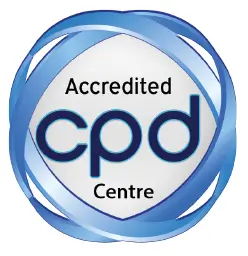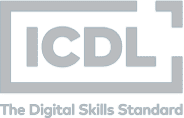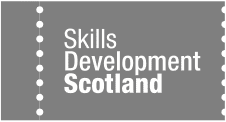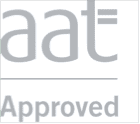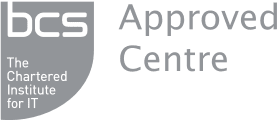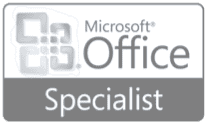Part I
Session 1: Introduction, Network Models, Infrastructure Components, Topologies and Troubleshooting, IPv4 Addressing, IPv4 Subnetting, IPv4 Address Types, IPv6 Addressing, IPv6 Addressing Types.
Session 2: Switching Concepts, Ethernet and Troubleshooting, Configure Layer 2 Protocols, Port Security.
Session 3: Routing Concepts, Routing Tables, Routing Configurations, Setting Up IPv4 Routes, Setting Up IPv6 Routes, RIPv2 for IPv4.
Session 4: Infrastructure Services, DHCP, NTP, ACL, NAT.
Session 5: Device Monitoring and Management, Initial Device Configuration, Device Maintenance, IOS Tools, Course Recap.
Part II
Session 1: Introduction, VLANs, STP Protocols and Features, EtherChannels, Switch Stacking and Threat Mitigation, Session 1 Recap.
Session 2: Inter-VLAN Routing, Routing Protocol Types, OSPF, EIGRP, Session 2 Recap.
Session 3: PPP and MLPPP, Client-Side PPPoE, GRE Tunnels, WAN Topology Options, WAN Access Connectivity Options, Session 3 Recap.
Session 4: HSRP, Cloud Resources, QoS, IPv4 ACLs, IPv6 ACLs, Session 4 Recap.
Session 5: Device-Monitoring Protocols, Troubleshoot Connectivity, Device Management, Network Programmability, Session 5 and Course Recap.
* Please note that Vendor specific exams may need to be organised separately.
